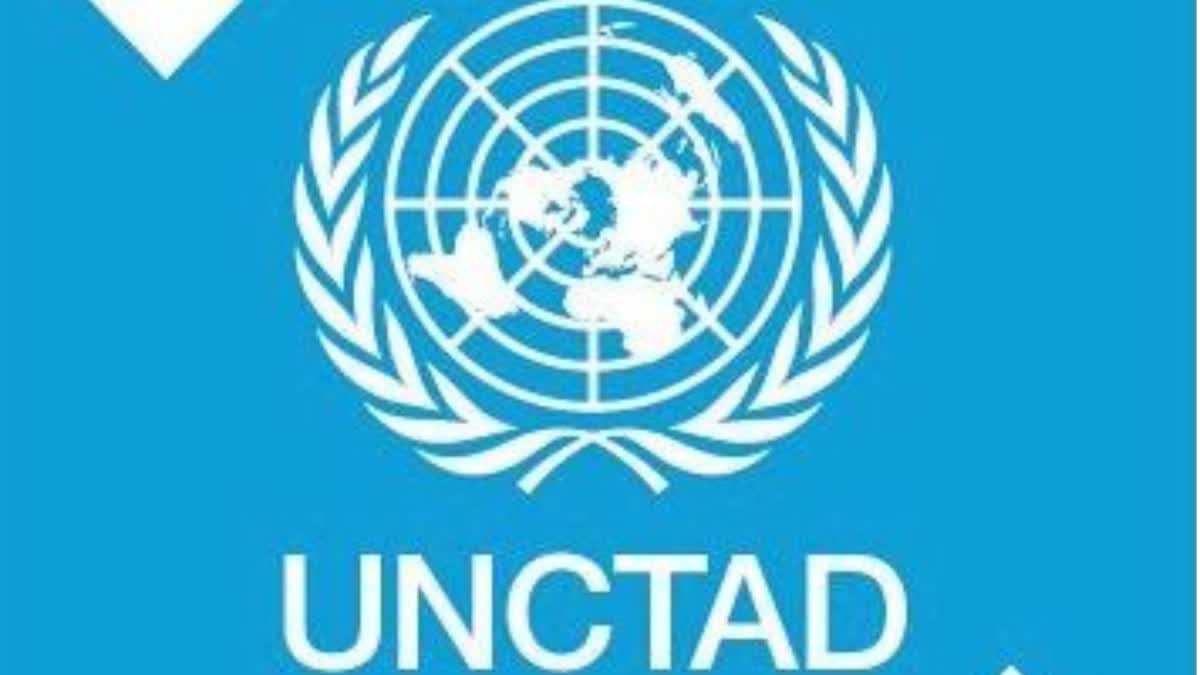Hyderabad : International trade is the exchange of capital, goods, and services across international borders or territories because there is a need or want of goods or services. UN trade and development (formerly known as UNCTAD) is dedicated to promoting inclusive and sustainable development through trade and investment. With a diverse membership, it empowers countries to harness trade for prosperity. UNCTAD is a member of The United Nations Economist Network and contributes to its research and analysis.
Headquartered in Geneva, Switzerland, it has offices in New York, USA, and Addis Ababa, Ethiopia. In the early 1960s, growing concerns about the place of developing countries in international trade led many of these countries to call for the convening of a full-fledged conference specifically devoted to tackling these problems and identifying appropriate international actions. In the context of the new Sustainable Development Goals, UNCTAD is one of the only UN bodies with direct relevance to all targets within Goal 17 – Partnerships for the Goals. UNCTAD, together with UNDP, is the only UN entity among the major institutional stakeholders for Financing for Development.
The first United Nations Conference on Trade and Development (UNCTAD) was held in Geneva in 1964. Magnitude of the problems and the need to address them, the conference was institutionalized to meet every four years. But intergovernmental bodies meeting between sessions and a permanent secretariat providing the necessary substantive and logistical support. Consequently from 12th to 14th of June 2024, UNCTAD celebrated its diamond jubilee as a significant event of the world. The three-day-gathering analysed challenges in global trade disruptions, soaring public debt, climate change, and international finance and investment.
The WTO primarily governs global trade rules and adjudication whereas the ITC specifically focuses on connecting SME (Small and Medium Enterprises) to global markets; UNCTAD deals with trade policies, regulations, and institutions at national, regional and international levels from a developmental perspective. UNCTAD led the UN Inter-Agency Cluster on Trade and Productive Capacity as a Cluster from 2008.
With the support of 15 international organisations, UNCTAD is a mechanism dedicated to the coordination of trade and development operations at the national and regional levels within the UN system. For this reason, UNCTAD has deepened cooperation with other international organizations, governments, businesses, civil society, youth and academia to enhance its policies and practices as mentioned above. WTO and UNCTAD have a longstanding Memorandum of Understanding dating back to 2003, which was expanded in October 2015 with the identification of 11 areas of further cooperation.
As the home of three key international institutions on trade (UNCTAD, WTO and ITC), Geneva is the global "Trade Hub." The three organizations collaborate closely, based on their respective mandates and competences. As a member of the broader development community, UNCTAD has forged strategic partnerships with dozens of entities from the private sector, academia, and other international and regional organizations.
UNCTAD is building relationships with civil society organizations also. As such a total of 116 intergovernmental bodies and 242 civil society organizations have gained accreditation as observers to UNCTAD's Trade and Development Board, the wheel of the organization that sets its overall direction. Its statistics service provide data-driven analysis and releases key statistics via the UNCTAD stat Data Centre.
UN Secretary-General (António Guterres) opened the UN Trade and Development Global Leaders Forum, marking the 60th anniversary of the organization, with the Secretary-General of UNCTAD, Rebeca Grynspan and heads of state and government, 28 ministers of trade and foreign affairs, global leaders civil society and private sector representatives, leading economists and heads of international organizations from 152 countries across the world.
Theme of the conference is “Charting a new development course in a changing world,” with over 1,100 participants convened in Geneva for the three-day forum. Mainly the event intended to shape a vision for inclusive prosperity amidst global crises, trade disruptions, mounting debt burdens, and the severe impact of climate change on developing countries.
